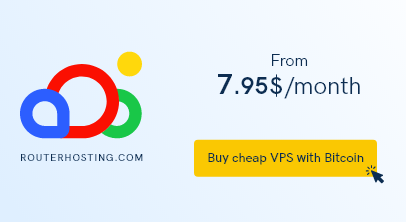It’s no secret: poor website load speeds can seriously hinder your commercial prospects.
In fact, a mere second delay in page response can reduce customer satisfaction by 16%. Moreover, 64% of shoppers who aren’t unhappy with their site visit will go elsewhere to shop.

That said, making sure your website is performing at its optimum level is a key driver for sustained success in a cutthroat digital environment. And, to get you started, here are some quick tips on enhancing your site’s speed and performance:
- Remove unused assets including redundant code, images, graphics and videos that are making your site run slowly.
- Keep your website host or CMS (e.g. WordPress, Oncarrot, etc.) updated with the latest software updates to avoid load issues or latency.
- Use a CDN (Content Delivery Network).
While all of these are reliable methods for enhanced site load speed, a CDN is the most effective of all as it serves to ensure your site is running to its maximum capacity while keeping it safe and secure from potential threats.
What is a CDN?
A CDN is a system of distributed servers that boost website speed. The server distribution helps to delivers page as well as additional types of digital content to a user, based on their geographical location, plus the origin of the webpage and the content delivery server itself by caching content.
These are the primary benefits of using a CDN:
- Robust protection from large surges in traffic.
- Notably enhanced website load times.
- A reduction in bandwidth costs.
- Improved website security through a series of network optimisations.
Choosing a CDN for your business
We’ve established that a CDN offers the alluring combination of improved website performance and optimum security. But, particularly if you’re a non-technical decision-maker within your business, choosing the right content delivery network for the organisation can prove to be a challenge. To help you make the best possible choice, here are some guidelines you should follow:
- Gather the key stakeholders within your company, or your business partner if you’re a budding startup, and go through your website with a fine tooth comb. Note down your website’s core functions, goals and characteristics, in addition to your commercial goals. By doing so, you’ll quickly begin to understand of the primary attributes you’ll need from your potential CDN service provider.
- If you’re comparing CDNs, look closely at their security protocols: this is critical to the safety and sustainability of your business, after all. Search for a CDN that allows your data to be distributed securely over the internet by utilising Transport Layer Security (TLS) certificates (or similar) to create secure HTTP connections that will ultimately stop evil entities from hacking your business, causing you unnecessary issues and losses.
- Think about your budget and make sure that your CDN provides each of the core services you need within your desired price point. Not all CDN providers or packages are the same, so to ensure you getting the right services for your money, and your business goals, is of vital importance.
- Choose a CDN that offers detailed content and network optimization data and analytics functions. Data is essential to growth, evolution and development, and by having access to the best insights, you’ll be able to make informed improvements to your digital assets on a consistent basis.
It’s clear that a CDN is pivotal to the ongoing performance and security of your biggest digital asset of all: your website. Follow our guide and you’ll reap the endless rewards of content delivery networks.
For more advice on getting the most from your business website, read 4 Tips to Financing SEO on a Budget.




